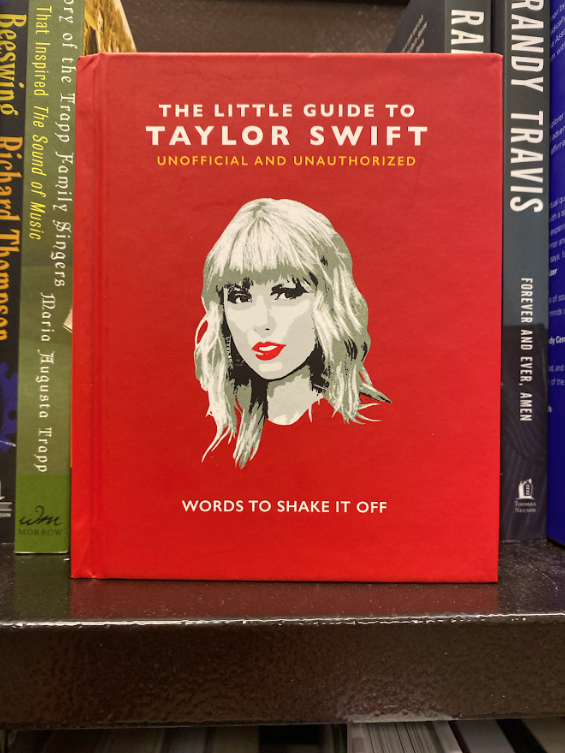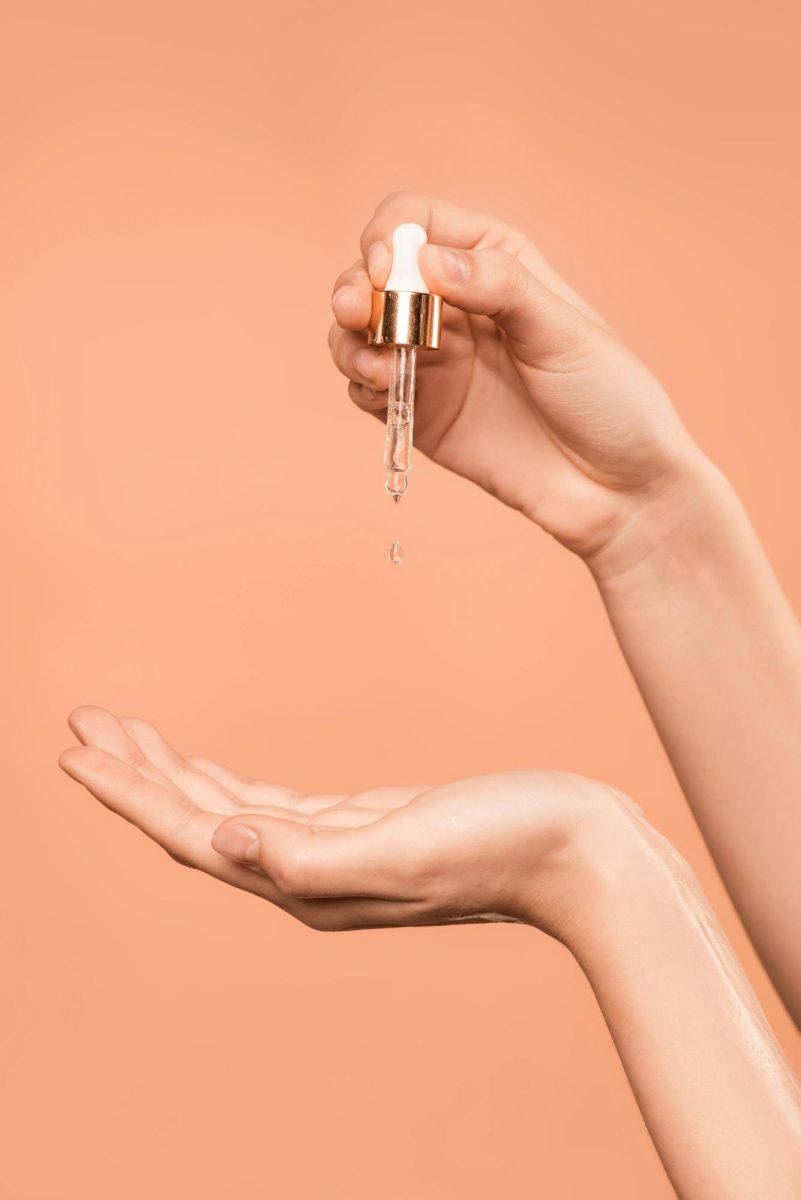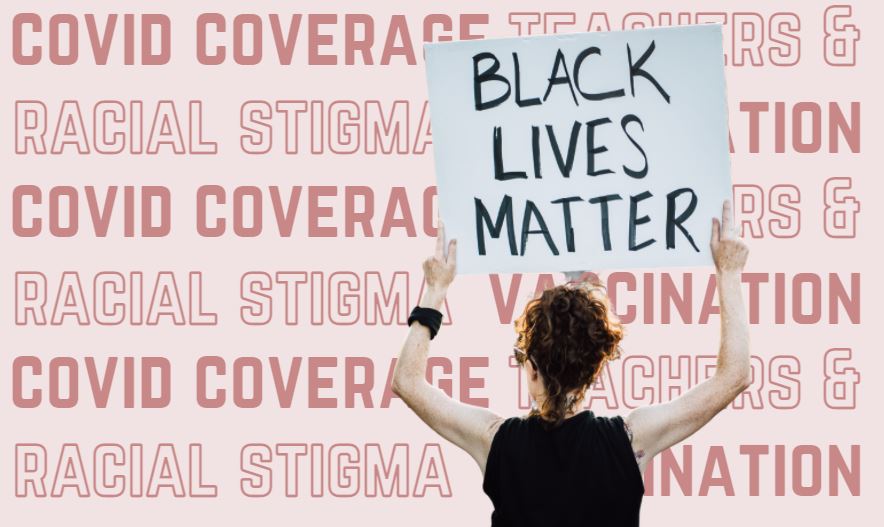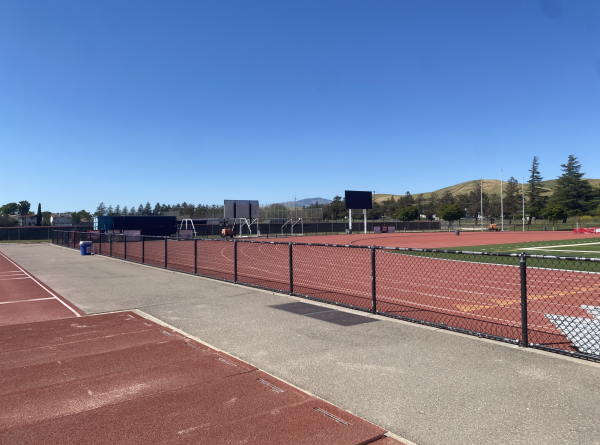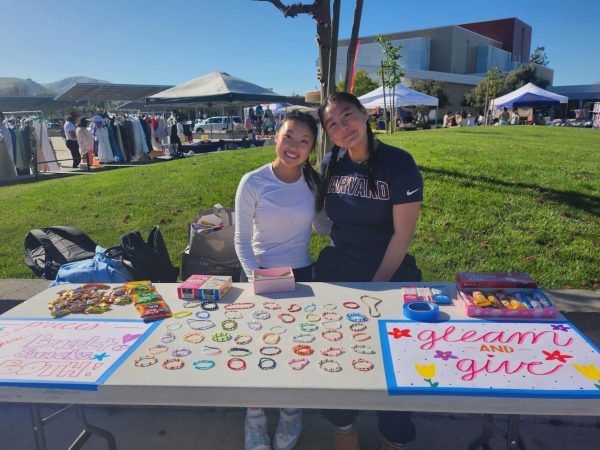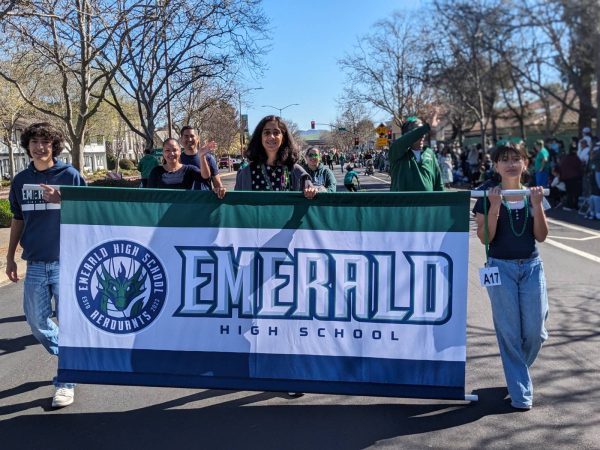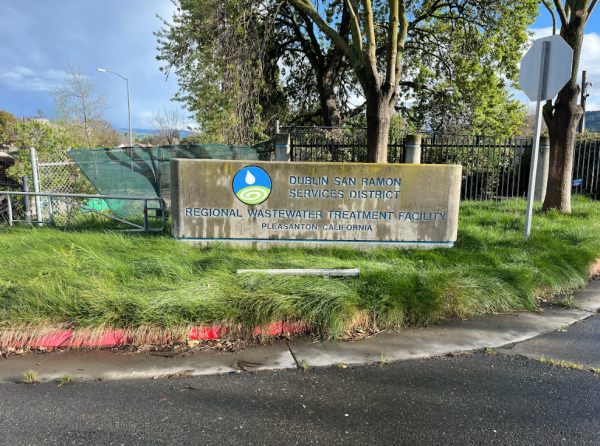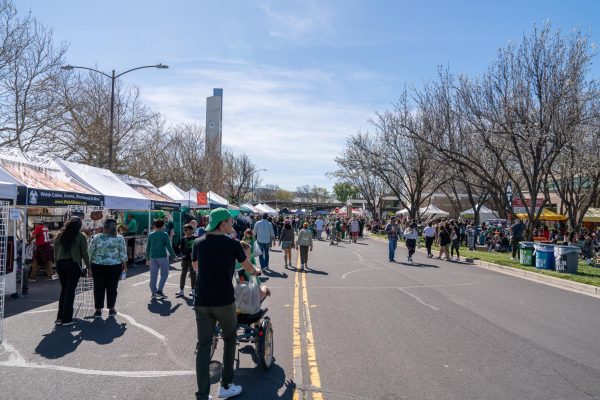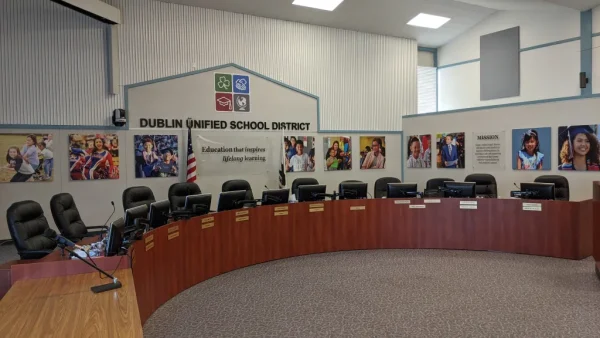Racial stigma around COVID-19 vaccination
A year after the discovery of the novel coronavirus, the world is still aflame. With no sign of stopping, the victims of COVID-19 continue to rise, along with increasing levels of anxiety and stress due to social isolation. One possible solution to end the virus is to reach herd immunity; when a sufficient number of a society becomes immune to a disease, it ultimately means those who lack this immunity are also safe. Currently, two extremely controversial vaccinations, the Pfizer-BioNTech vaccine and Moderna’s Covid-19 vaccine, have been created and authorized in order to reach this herd immunity.
Typically, vaccines inject small amounts of the virus to the body in order to grow immunity. But unlike other vaccines, the COVID-19 vaccine is a mRNA vaccine. These inject mRNA to the upper arm, where instructions are given to create a protein. This protein gets recognized by our body as a foreign substance, and so the body works to create antibodies, or an immune response against the protein. In the end, the body learns to protect against future possible infections, or in this case, COVID-19. But while scientists have attempted to create a vaccine to both ease the public and hopefully reach her immunity, the public had a different reaction.
According to Pew Research Center, as much as 83% of Asian Americans are willing to get the COVID-19 vaccination. On the other, 63% of Caucasians are willing to receive the vaccination, however only 43% of African Americans displayed interest in receiving the vaccine. It would not be irrational to believe that these numbers are due to the systematic racism that America still faces to this day.
It is not surprising to see racism in today’s society, especially evident after the enraging death of George Floyd, which shook the entire world to advocate for change. However, change cannot erase the hundreds of years of racism that plagued America since the beginning of its founding. Years of history indicate racism not only in America’s daily society, but also in the healthcare system as well. Distrust towards the health care system from minorities, especially from African Americans, is not surprising when looking at the history of racism in the medical world.
One example would be the Tuskegee Experiment during the 1930s to 1970s, only 40 years prior. During this experiment, doctors had lied to African American men that they were conducting research on “bad blood”. In reality, scientists were allowing the men to die from untreated syphilis (NBC). Hundreds and thousands of instances of unethical treatment towards racial minorities over the years explains the distrusts towards the current healthcare system, and in result, the COVID-19 vaccination.
Racism explains the high willingness of receiving the vaccination in Asian Americans as well, especially East Asians. Since the breakout of COVID-19 in Wuhan, China, Asians all over the world have experienced harassment, violence, and racism. In many areas, Asians have been seen as “virus carriers” and stigmatized to be seen as carrying COVID-19, which explains their urge to get vaccinated for the disease as soon as possible, in order to escape these claims.
However, as COVID-19 cases exhibit no sign of stopping and deaths continue to rise, the need for vaccination becomes crucial. Former presidents such as Obama, Bush, and Clinton have all displayed interest in getting inoculated on camera, in order to ease the anxiety of getting vaccination in the general public. In order to return to our daily lives as soon as possible, it is necessary for the majority of American citizens to get vaccinated as soon as possible.
It is evident that not only our society in general, but America’s healthcare system is still inherently racist. The stigma around COVID-19 vaccination tells us once more that the world must advocate for change, to achieve equity between sexuality, sex, and even race.
Your donation will support the student journalists of Dublin High School. Your contribution will allow us to purchase equipment and cover our annual website hosting costs.

Claire Song originally joined the Dublin Shield as a Freshman and is now a Senior going into her fourth year. Claire has a strong passion for writing and...
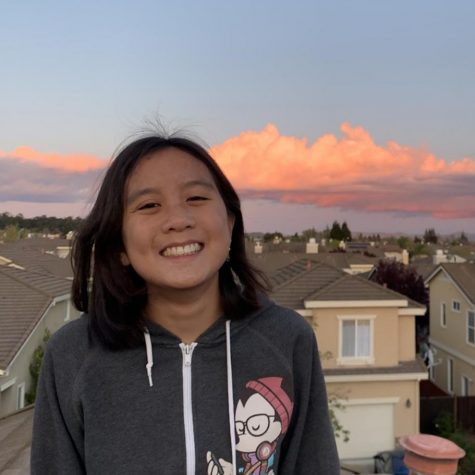
Danielle Tran is a senior at Dublin High and one of this year’s Editors-in-Chief. She holds a deeply-rooted passion for writing, and has dreamt of becoming...

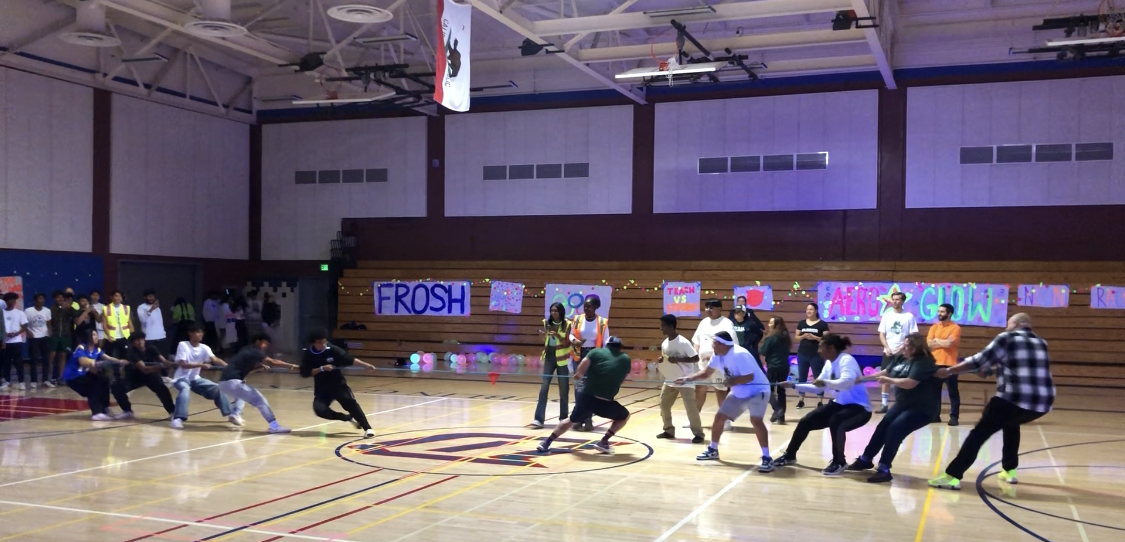
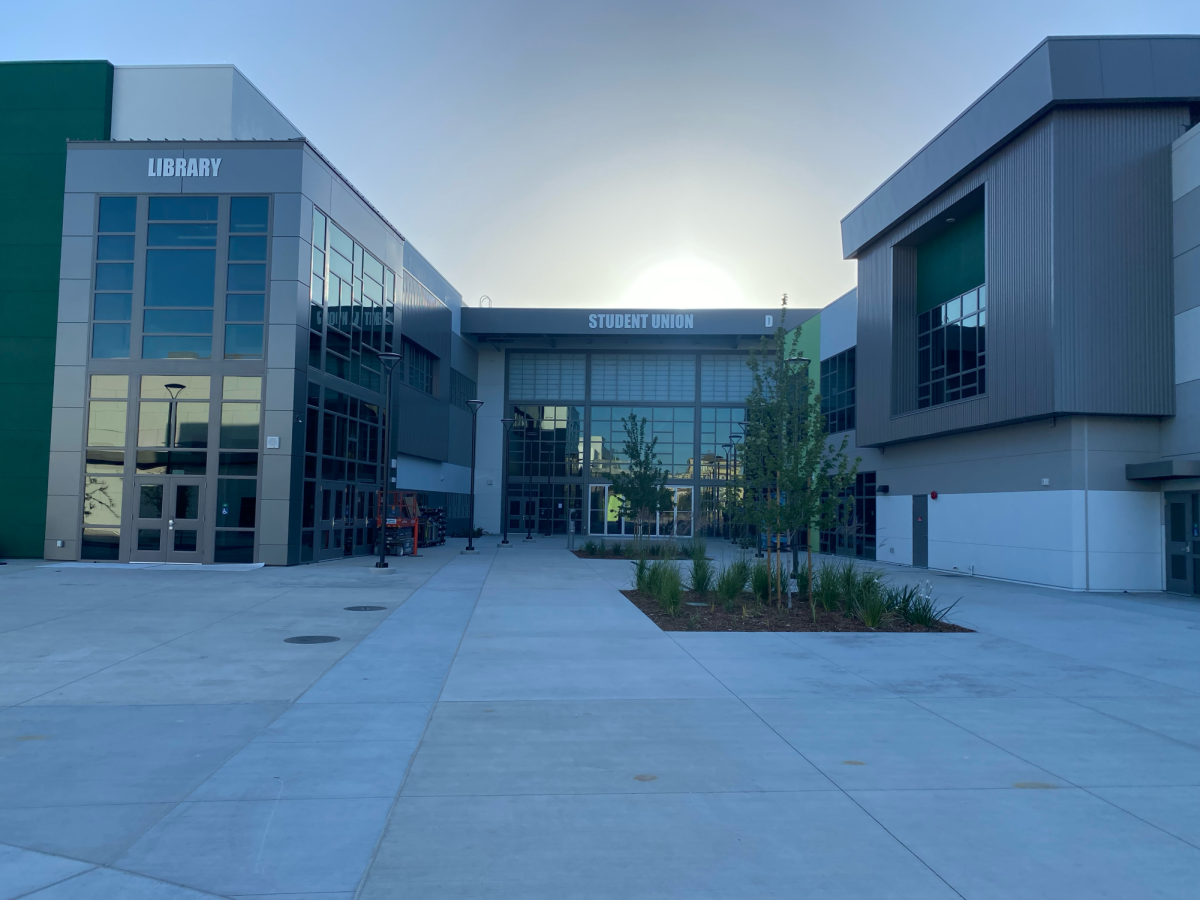
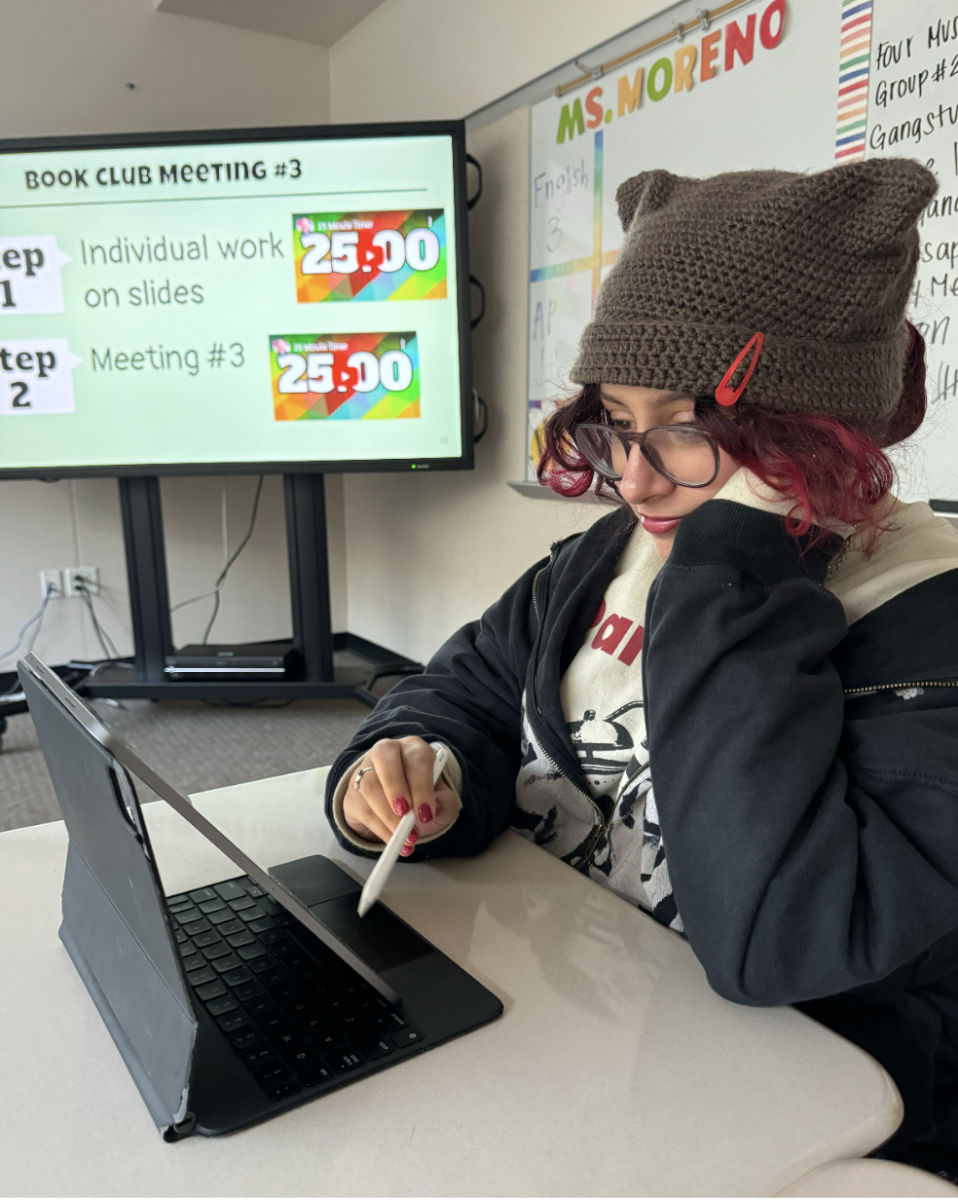
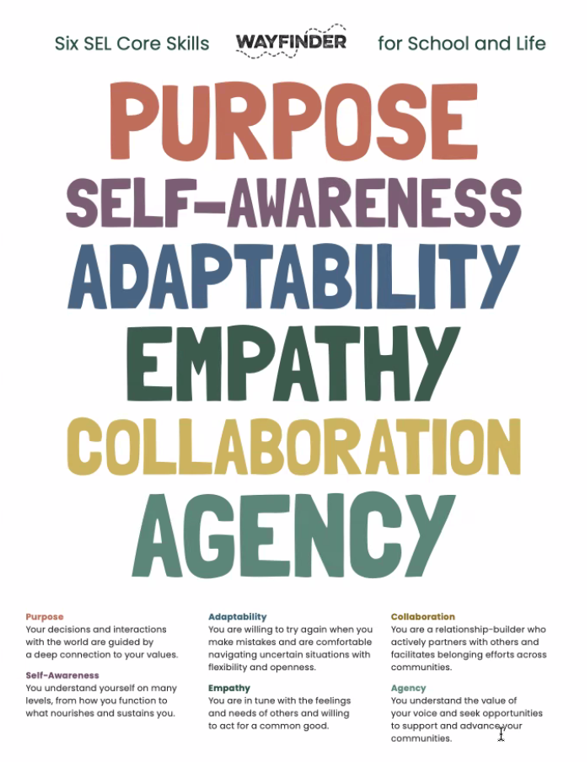
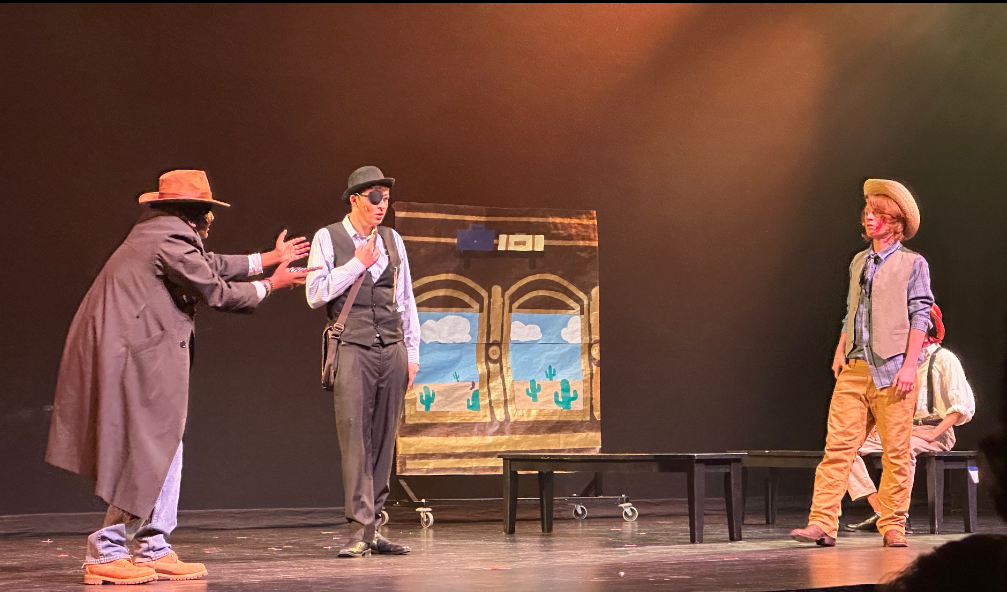


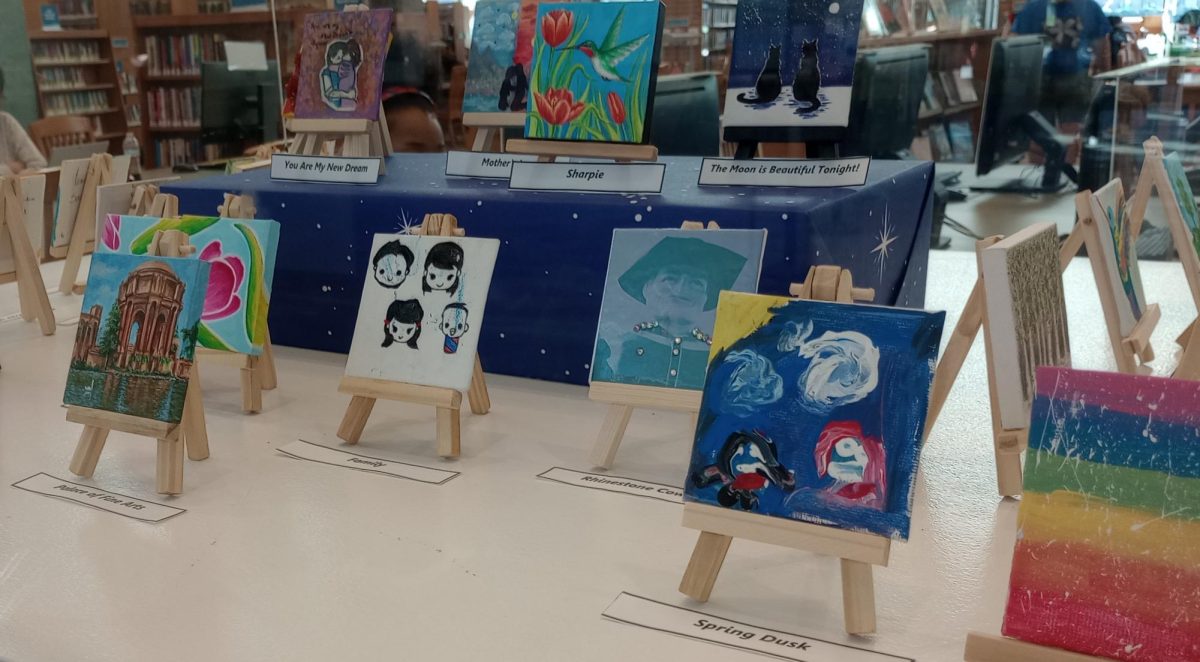
![[Book Review] Weapons of Math Destruction: The insidious danger of Big Data](https://thedublinshield.com/wp-content/uploads/2024/06/wmdsarticle-727x1200.jpg)
